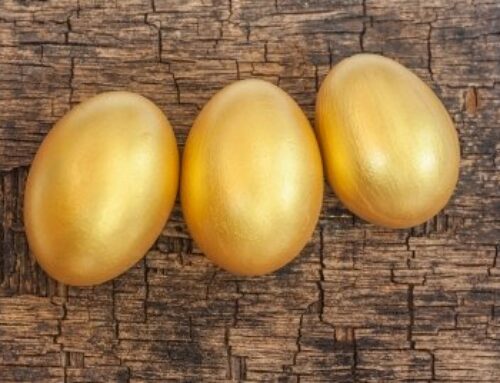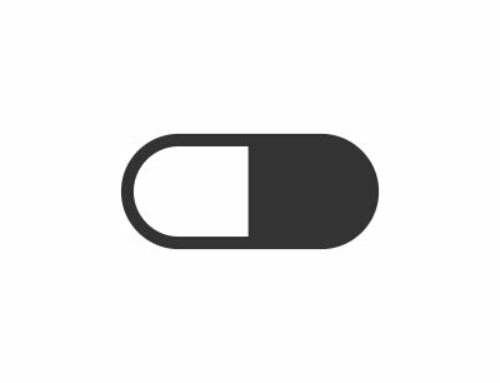 Thanks to many awesome professional fertility websites and personal blogs which have exploded in numbers over the past years (several thousand fertility blogs as I’m updating this post in 2017), women over 35 who are struggling to get pregnant now know with confidence that:
Thanks to many awesome professional fertility websites and personal blogs which have exploded in numbers over the past years (several thousand fertility blogs as I’m updating this post in 2017), women over 35 who are struggling to get pregnant now know with confidence that:
1. Egg quality and quantity is THE single most limiting factor in getting pregnant and delivering a healthy baby in women over 35.
2. There are lifestyle interventions that are proven to help improve egg quality, the most important of them being a diet (Mediterranean or Harvard Fertility-Diet, depending on the type of infertility disorder), as well as supplements like CoQ10, DHEA, Vitamin D and some other.
While I am deeply convinced that it’s possible for every woman to improve her egg quality at least partially by taking action and adjusting those parameters herself, I have to add that best results will surely be achieved faster when working together with a fertility specialist (here is how you can find me if you need me to adjust your supplement list or have any fertility-related question).
One of the questions that I get from you most often is: which CoQ10 is best for fertility? Why? How much CoQ10 should I take?
What I notice from the messages you send to me is that many women either
1. Take too little CoQ10 (100mg a day or less), or
2. Take way too many other vitamins and generally supplement without focus on egg quality
3. Obsess about which kind of CoQ10 to take and from which manufacturer

It takes time to improve egg quality
Firstly, I am happy that so many women understood that CoQ10 is a powerful weapon they have in the war against aging eggs and diminishing ovarian reserve.
But why is it that CoQ10 is so effective?
It is because CoQ10 is the key component of the energy producing particles inside eggs. As eggs and ovaries become older, mitochondria inside them become less efficient in delivering energy, which results in decreased egg and embryo quality.
In a nutshell, this is the major problem why it becomes difficult to get pregnant later in life (and not only to get pregnant, but also to sustain pregnancy and deliver a healthy baby).
This natural energy decline can partially be counteracted by supplying CoQ10 externally. However, instead of taking low und unspecific doses of CoQ10, I would stick to what’s been scientifically and clinically proven to work, decrease aneuploidy and increase pregnancy rates. That is 600mg CoQ10 in the form of ubiqunol .
This I would take this for at least 3-6 months before even thinking of making a break or changing a manufacturer. After this time of 3-6 months (but hopefully you are well into your pregnancy by then!) I would change the manufacturer, in order to minimize the intake of other stuff that is contained in the vitamin capsules.
Regarding the CoQ10 itself: it is simply beneficial for your eggs, and please don’t be reluctant to take the dosage that is proven to work and give the results you are interested in: improvement of egg quality. There are no significant side-effects of CoQ10 (people with heart diseases go up to 1500mg daily as a prevention). So this is one of the rare cases in the supplementing business where you don’t have to be concerned with any detrimental consequences.
 To point number two: I am sometimes amazed when women ask me what I think of the lists of supplements they are taking.
To point number two: I am sometimes amazed when women ask me what I think of the lists of supplements they are taking.
In addition to the usual suspects (prenatal vitamins with folate), many women seem to throw in pretty much everything they every found in the internet that may work to improve egg quality: vitamin E and C, myoinositol, melatonin, resveratrol, pyrroloquinoline quinone, royal jelly, all kinds of plant extracts etc…(I have a separate post on why women should not make a laboratory out of their body).
Taking just about everything available on the market does not guarantee added benefits.
On the contrary – you may enter the zone of cross-interactions that no one knows much about.
Take the plants for example – a single extract may contain up to a few hundred individual compounds (and no one has ever tested how they may interact with your individual biochemistry). Add to this high dosages of hormones which come with each round of IVF and you have a mixture which could potentially harm your health on a long-term.
To point number three: Which form of CoQ10 should be taken, ubiqunon or ubiqunol? As I said all over the blog, CoQ10 is the essential part of the energy-producing system in each and every cell, eggs included. (What personally amazes me is that eggs contain by far more mitochondria, than just about any other cell in the body. Only the heart cells come close to eggs in the number of mitochondria, showing the intensity of their energy demand.) This energy is finally utilized in the electron-rich, reduced form of ubiqunol-CoQ10.
That’s why is I would strongly recommend to take the dose which was published to actually give the results – 600mg per day and to take it in the form of ubiquinol.
Many supplement producers claim the ubiquinol form of CoQ10 is five to eight times more potent in reaching the therapeutic effects of CoQ10 concentration in blood that is needed for improving egg quality and health. But is that true?
I don’t know.
My gut feeling is that ubiqinol is definitely more potent but some of the effects may be pushed by the supplements industry and may have to do more with positioning a product on the market than real differences in terms of affecting egg quality.
I hope this answers some of the most burning questions regarding CoQ10. And please let me know what your experiences are, I am always interested in your feedback!
Much love,
Darja
CoQ10 supplements (with Ubiqunol-CoQ10 for better bioavailability):
More supplements which are scientifically proven to increase egg quality:







Thank you so much for all this great information on CoQ10!! I’m going to start right away.
41 and hopeful with IVF in February. Thank you! Tuline
Draga Darija,
First of all, I liked very much your book, it’s informative and motivational – thank you for writing it!:)
Nevertheless, I’m bit sceptical about the dose of CoQ10 you recommend in this article and in your book.
Here is some context for my question:
There is another book on amazon called “It starts with the egg”, which is very similar to yours. The author says in the chapter dedicated to CoQ10 :”Women enrolled in the clinical studies on CoQ10 and egg quality are given a daily dose of 600 mg of traditional CoQ10. This is equivalent to approximately 200-300 mg of ubiquinol.” (the clinical studies were aimed at women aged 35-43 with previous IVF failures).
So I’m a bit confused who’s right?! You recommend “600mg per day and to take it in the form of ubiquinol” Maybe you didn’t use the same scientific studies to make your recommendations. Maybe I didn’t understand well the numbers and the story about ubiquinol and ubiquinone?
Thank you very much for your explanation in advance!
dear iva, thank you very much for your important question on the differences between the various CoQ10 forms, yours is one of my favorite comments on this entire blog! i actually plan to write a blog post which will specifially deal only with your question, is that OK? it should appear on the website in the next weeks (april 2016). please stay in touch and let me know what you think! best wishes, darja